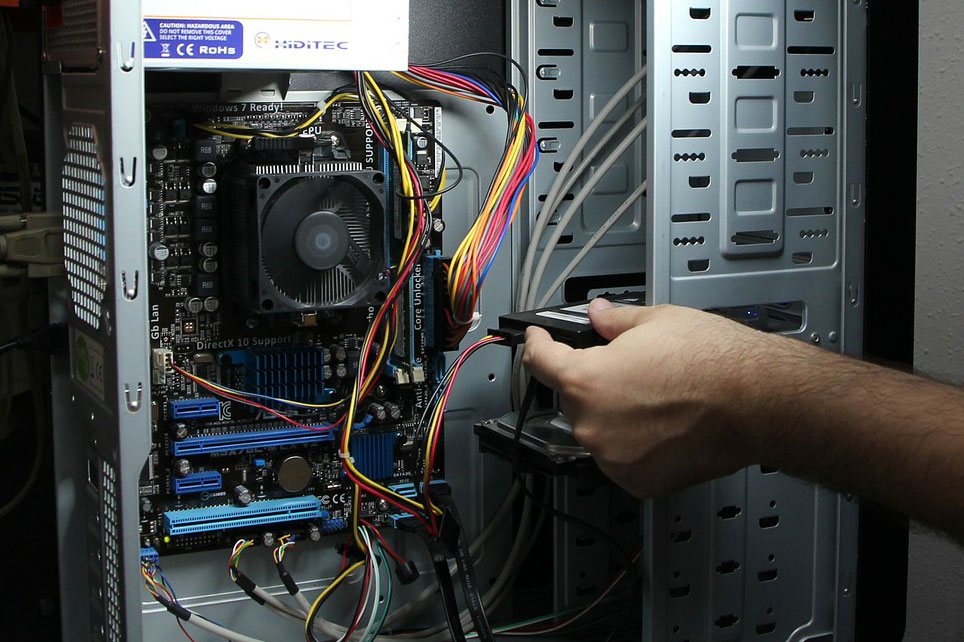Decentralized IT spending increases data risk because it makes it difficult to maintain consistent security across different departments, creating vulnerabilities that can lead to breaches and misuse of data. This shift also raises concerns about non-compliance and increases the complexity of auditing, as a lack of centralized oversight can allow for the uncontrolled adoption of unvetted software and services (known as Shadow IT).
Why Decentralization Creates Risk
-
Rise of Shadow IT:Business units may purchase their own software and services without going through the standard IT vetting process. This can introduce unsecure or non-compliant applications, increasing the risk of data leaks or breaches.
-
Increased Attack Surface:More distributed systems and unmanaged applications create a larger and more fragmented attack surface, providing more potential entry points for malicious actors.
-
Data Misuse and Leaks:A lack of centralized control over data security can leave data exposed to accidental misuse or intentional theft, as protective measures may vary or be insufficient in certain areas.
-
Compliance Challenges:Decentralized IT makes it harder to ensure that all data handling practices comply with relevant regulations, increasing the risk of penalties for non-compliance.
-
Audit Complexity:Without a central point of oversight, auditing becomes more time-consuming and complex, as it’s difficult to track all IT assets and security practices across the organization.



